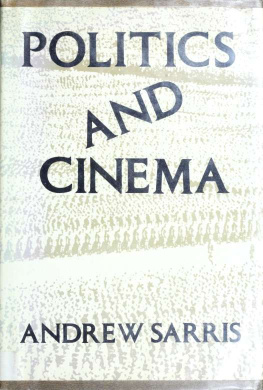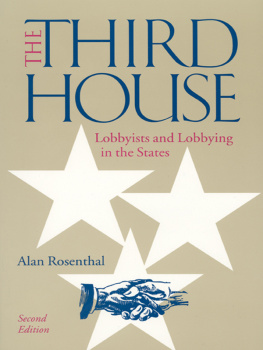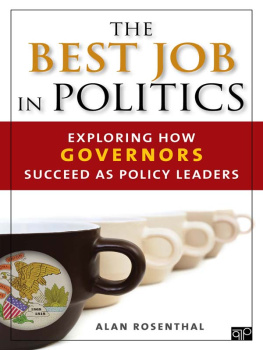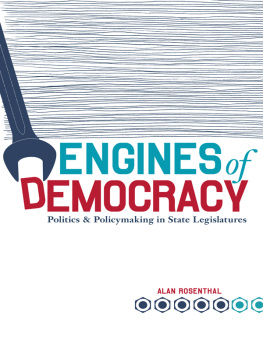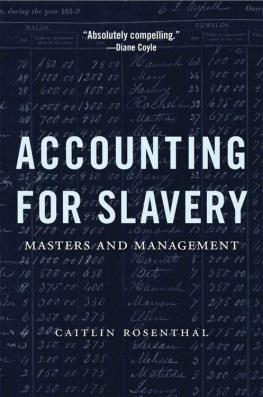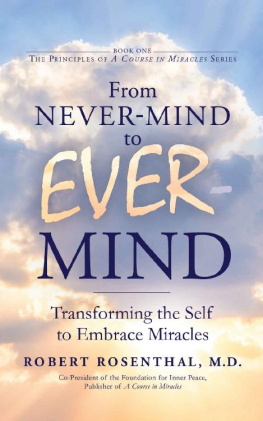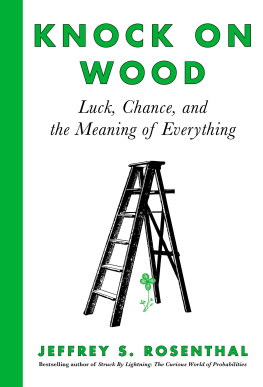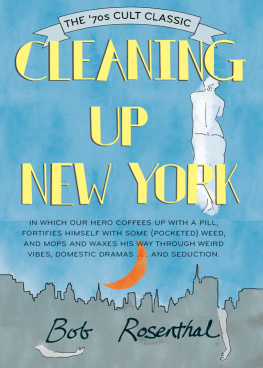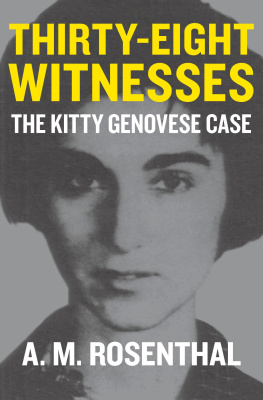Andrew Rosenthal - The New York Times Book of Politics
Here you can read online Andrew Rosenthal - The New York Times Book of Politics full text of the book (entire story) in english for free. Download pdf and epub, get meaning, cover and reviews about this ebook. year: 2018, publisher: Sterling, genre: Science / Politics. Description of the work, (preface) as well as reviews are available. Best literature library LitArk.com created for fans of good reading and offers a wide selection of genres:
Romance novel
Science fiction
Adventure
Detective
Science
History
Home and family
Prose
Art
Politics
Computer
Non-fiction
Religion
Business
Children
Humor
Choose a favorite category and find really read worthwhile books. Enjoy immersion in the world of imagination, feel the emotions of the characters or learn something new for yourself, make an fascinating discovery.

- Book:The New York Times Book of Politics
- Author:
- Publisher:Sterling
- Genre:
- Year:2018
- Rating:5 / 5
- Favourites:Add to favourites
- Your mark:
- 100
- 1
- 2
- 3
- 4
- 5
The New York Times Book of Politics: summary, description and annotation
We offer to read an annotation, description, summary or preface (depends on what the author of the book "The New York Times Book of Politics" wrote himself). If you haven't found the necessary information about the book — write in the comments, we will try to find it.
The New York Times Book of Politics — read online for free the complete book (whole text) full work
Below is the text of the book, divided by pages. System saving the place of the last page read, allows you to conveniently read the book "The New York Times Book of Politics" online for free, without having to search again every time where you left off. Put a bookmark, and you can go to the page where you finished reading at any time.
Font size:
Interval:
Bookmark:


THE STATE OF THE UNION


STERLING and the distinctive Sterling logo are registered trademarks of Sterling Publishing Co., Inc.
2018 by The New York Times. All Rights Reserved. All Material in this book was first published by The New York Times and is copyright The New York Times. The printing, copying, redistribution, or retransmission of the Material without express written permission is prohibited.
All rights reserved. No part of this publication may be reproduced, stored in a retrieval system, or transmitted in any form or by any means (including electronic, mechanical, photocopying, recording, or otherwise) without prior written permission from the publisher.
ISBN 978-1-4549-3127-0
For information about custom editions, special sales, and premium and corporate purchases, please contact Sterling Special Sales at 800-805-5489 or .
www.sterlingpublishing.com
Interior design by Ashley Prine, Tandem Books
Picture creditssee
BEFORE MIKE PENCE CALLED HIS WIFE MOTHER, Ronald Reagan called his wife Mommy. Before Donald Trump wooed the forgotten Americans in the middle, Bill Clinton wooed the forgotten Americans in the middle. Before the bank panic of 2008, there was the bank panic of 1933. Before our tragically misbegotten war in Iraq, there was our tragically misbegotten war in Vietnam. Before large crowds thrilled to the sight of a young and handsome Barack Obama on the campaign trail, they thrilled to the sight of a young and handsome J.F.K. on the campaign trail. Before the soul-crushing assassination of Martin Luther King Jr., there was the soul-crushing assassination of Abraham Lincoln. Before Donald Trump twisted the truth and created dangerous illusions, there were many other powerful men who twisted the truth and created dangerous illusions.
History rhymes, as the saying goes. And often in perverse ways.
This collection of remarkable work from The New York Timess archives tells the story of Americahow we formed an identity and how we lost it. Our correspondents traveled the world, living through history and recording and interpreting it for our readers.
This book begins with a scalding scene: a riven country and President Lincoln taking his last breaths.
The pistol ball entered the back of the presidents head and penetrated nearly through the head, Edwin M. Stanton, President Lincolns secretary of war, wrote in a special dispatch to the paper headlined Awful Event; Lincoln Shot by an Assassin. As the Cabinet hovered around the presidents deathbed, Stanton wrote, The wound is mortal. The president has been insensible ever since it was inflicted and is now dying.
The sometimes-morose Lincoln had been cheerful and hopeful about a speedy peace at a cabinet meeting with Gen. Grant earlier that evening, Stanton revealed, and spoke very kindly of Gen. Lee and others of the Confederacy.
The book ends with another scalding scene: a riven country, as Donald Trump rails about fake news and fires F.B.I. Chief James Comey, sparking a special investigation into Russias attempt to besmirch our democracy.
The devolution from Lincoln to Trump is jarring enough, but the Statue of Liberty surely laments the sad fact that a century and a half after the Civil War, we are once more bitterly at odds over existential questions about who we are and who we want to be.
Flash back to election night, November 9, 1932, a time when our leaders had respect for a free press. The people could not have arrived at this result if they had not been informed properly of my views by an independent press, Franklin Delano Roosevelt said in his victory statement, and I value particularly the high service of The New York Times in its reporting of my speeches and its enlightened comment.
Our election-night story explained that the country was voting a national grouch against three years of Depression, rejecting the argument by President Herbert Hoovers side that things could have been worse.
When F.D.R. died at Warm Springs, The Times described the sadness that swept the nations capital, as crowds filled up Lafayette Square adjacent to the White House. The mens hats were off, Arthur Krock wrote, and the tears that were shed were not to be seen only on the cheeks of women.
Krock wrote this about Eleanor Roosevelt: A lesser human being would have been prostrated by the sudden and calamitous tidings, but Mrs. Roosevelt entered at once upon her responsibilities.... When Mr. Truman arrived and asked what he could do for her, Mrs. Roosevelt rejoined calmly, Tell us what we can do. Is there any way we can help you?
In a story from 1946 with particular relevance for America in 2018, Winston Churchill appeared with President Truman at Westminster College and warned that Moscow would seek the indefinite expansion of its power and policies. The United States was at the pinnacle of world power, Churchill said, and must not fritter away its clear and shining opportunity, or it would bring upon us all the long reproaches of the after-time. He named war and tyranny as the twin evils threatening the world and said nothing could stop an age of plenty except human folly or subhuman crime.
Scrolling through the liquid history of journalism, you feel a shiver sometimes, knowing what is to come.
On November 7, 1960, Harrison E. Salisbury vividly described Senator John F. Kennedys final boisterous marathon campaign trip up and down the East Coast.
In Teaneck, N.J., the crowd stampeded when the candidate appeared, overturning press tables and breaking down barriers. Shrieks of women filled the air. When he got to the Naugatuck River Valley, lights blazed in windows of homes along the way, and families rushed out and stood on their front steps as he passed. Not a few men were in pajamas, and there were women in nightdresses.
And then Salisbury writes this sentence, which tugs at the heart to read it now: Motor-ists parked along Route 110 blinked their lights and honked their horns at the motorcade. Mr. Kennedy rode in an open car, bareheaded as usual, despite the cold night air.
The next story is dated November 23, 1963. James Reston wrote: America wept tonight, not alone for its dead young president, but for itself. The grief was general, for somehow the worst in the nation had prevailed over the best. The indictment extended beyond the assassin, for something in the nation itself, some strain of madness and violence, had destroyed the highest symbol of law and order. Reston added that the irony of the presidents death is that his short administration was devoted almost entirely to various attempts to curb this very streak of violence in the American character and to restrain[ing] those who wanted to be more violent in the Cold War overseas and those who wanted to be more violent in the racial war at home.
Reston concluded that the unexpected death of President Kennedy has forced Washington to meditate a little more on the wild element of chance in our national life.
Font size:
Interval:
Bookmark:
Similar books «The New York Times Book of Politics»
Look at similar books to The New York Times Book of Politics. We have selected literature similar in name and meaning in the hope of providing readers with more options to find new, interesting, not yet read works.
Discussion, reviews of the book The New York Times Book of Politics and just readers' own opinions. Leave your comments, write what you think about the work, its meaning or the main characters. Specify what exactly you liked and what you didn't like, and why you think so.

